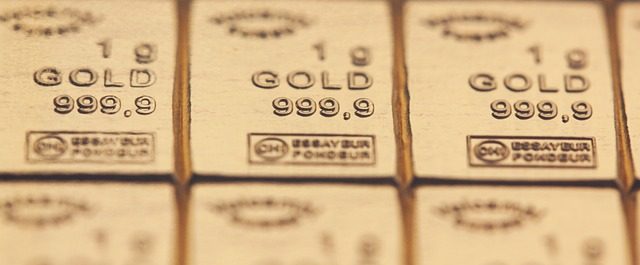I’ve been thinking about this town in a mall concept for quite a long time. It’s been years since I first wrote my original article on the idea. At the time, I didn’t know much about blockchain or cryptoassets, but then again, neither did anyone else. In fact, back in 2012, when I first wrote my initial article on a city in a building concept, the grandfather of all cryptocurrencies, Bitcoin, was only 3 years old. Now I have a body of writing on cryptocurrency and blockchain, and how it will impact our future. So I’d like to integrate all of these ideas together into one theoretical project.
Blockchain Use as Citizenship
Those who use various blockchains and cryptoassets are tied together economically and socially. This is true, even with the very limited functionality of current blockchain architectures. As blockchain applications expand, and we begin to really use the technology to manage contractual agreements between individuals and groups, whether it’s through Agora Coin, or some other platform, a blockchain system will end up feeling more and more like a community.
In the future, I predict that pretty much all social programs will be managed by blockchain systems. Universal basic income, if it is implemented in the world, will be implemented through blockchain. The same goes with universal health coverage, social security, and other programs.
But like with current blockchain systems, there are bound to be disagreements, and those disagreements will result in forks or alternative systems, just as we saw Bitcoin give birth to Litecoin, BTC, and others. In a future world managed by blockchain, instead of changing citizenship, a person might simply change which platform they use.
Users might need to keep using the old chain for certain things, like paying certain bills that are attached to the old system, but even then it’s likely that there will be a lot of interchain compatibility. It would be very similar to obtaining new citizenship and maintaining dual citizenship, only much more voluntary. If a person doesn’t like the kind of social programs being managed by one chain, they just stop supporting it. If they don’t like the tax rate (inflation rate), then they would choose not to use the cryptoasset associated with the chain.
And if none of the blockchain systems fit what a person needs, or if they think there’s a better way of doing things, they can create a new system or fork an existing one. Some have even likened the forking of bitcoin and other blockchain systems to civil wars. And in many ways, there’s a lot of overlap, only again, its all voluntary!
One question I have about this future is whether people will identify based on what blockchain system they use. Will people start to say “I’m a Bitcoiner” in the same way that they say “I’m an American?” It’s possible. Already crypto investors seem to identify, to an extent, with which blockchain system they prefer.
Economics
If this technology is integrated into a town in a mall concept, then the answer to my previous question is likely to be “yes,” especially if each town has its own blockchain to manage local operations. This idea brings us to the next issue. How do people start interacting with the local economy?
Trading posts are necessary components of the economics of a Blockchain supported “town in a mall” concept.
Trading posts were iconic in early American history. Dungeons and Dragons players are also probably familiar with the concept. They were part of the American frontier. But modern Americans probably haven’t had much experience with them. The closest analog in modern society would be a consignment or pawn shop.
If a town in a mall utilizes a blockchain and cryptocurrency pair that’s either not that common outside of the mall, or unique to the mall itself, then there must be a way for an individual who wants to shop in the mall to get spendable currency. Therefore every mall should have a trading post, which would function as a currency exchange, a consignment shop, and a pawn shop, all in one. A person could then walk in with either USD or something else of value, and exchange it for either something else of value that the shop happens to have, or exchange it for locally used cryptocurrency.
This trading post operation would also be a great place to create an identity (citizenship) and obtain any necessary hardware. In my discussion on universal basic income and beyond, I talked about the idea of having a tablet system which would integrate with the blockchain and cryptoasset ecosystem in order to allow access to a whole host of features. The trading post is a perfect place to pick up such a device, or register an existing device with the ecosystem.
Beyond Mall-Towns
The integration of blockchain citizenship with the concept of the town in a mall idea essentially turns malls into micronations. Every person who lives in the mall-town will basically be a citizen of the mall-town. These ideas however can be expanded to larger scales. The mall-town idea is great, but I would really eventually love to see entire cities run this way. The mall idea is simply a prototype for self sufficient smart cities, surrounded by agricultural districts, and connected to one another through high speed transportation.




